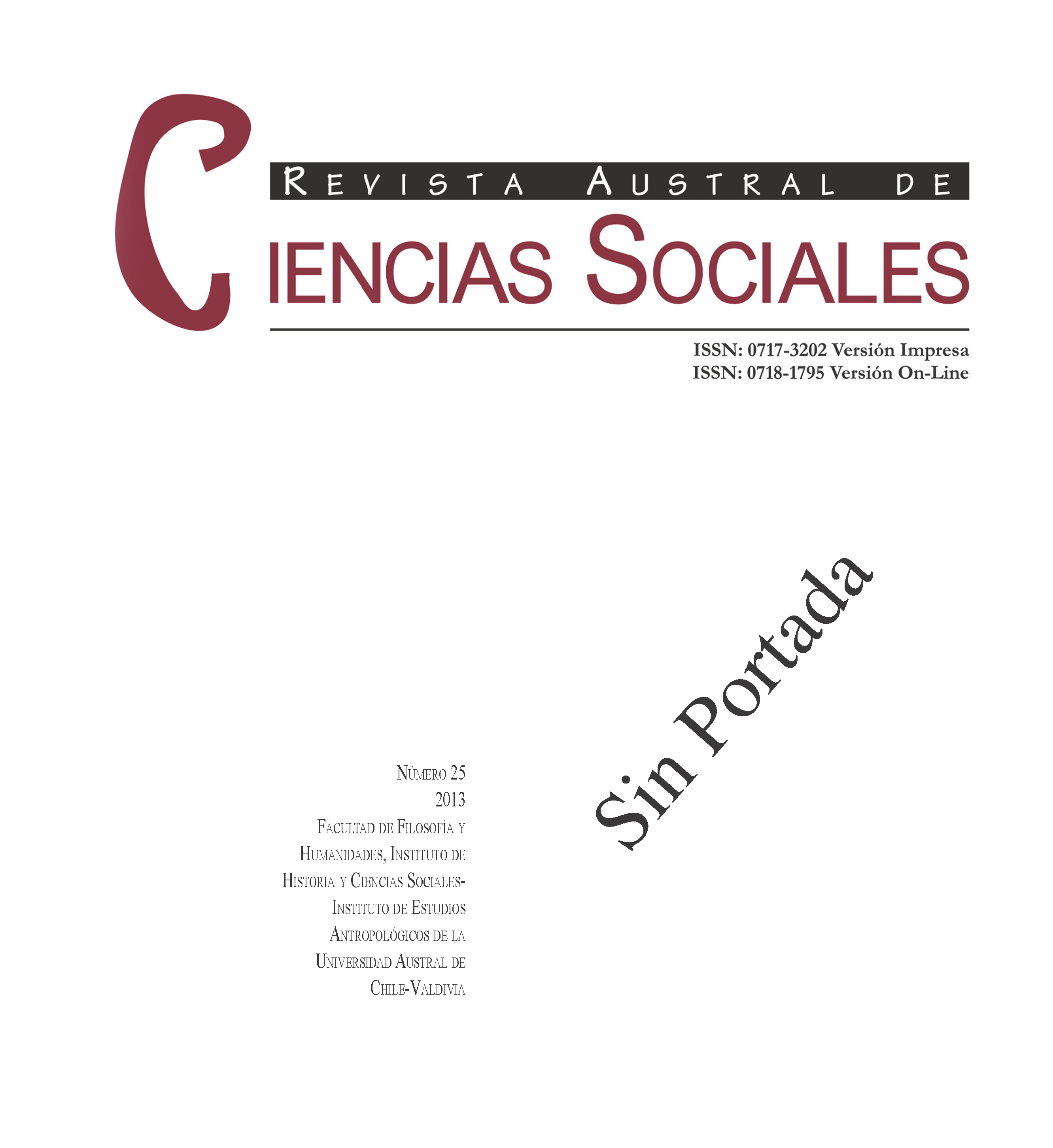Ethnographic and historical background of fish trap (Llolles) in south central Chile
Main Article Content
Abstract
Refers unpublished stories and some background ethnohistoric realize the use of traps, fish traps called llolles in the center-south of Chile, both in marine and freshwater. These passive fishing gear used massively stopped mid-twentieth century, there is still the memory on their use and associated techniques in localities of the region of La Araucanía, Los Ríos and Los Lagos. Its cultural value lies in the spatial and temporal relationship established between today and a practice that has - as well as fish weirs - a global dimension and temporal rooting depth wide. The aim of this paper is to demonstrate this fishing technique and put in value, since we can see that there are tangible and intangible elements that have been part of this territory since pre-Columbian times which are rapidly disappearing. Not only has its value for understanding current populations, but also to contribute to the knowledge of techniques which possess only archaeological evidence.

